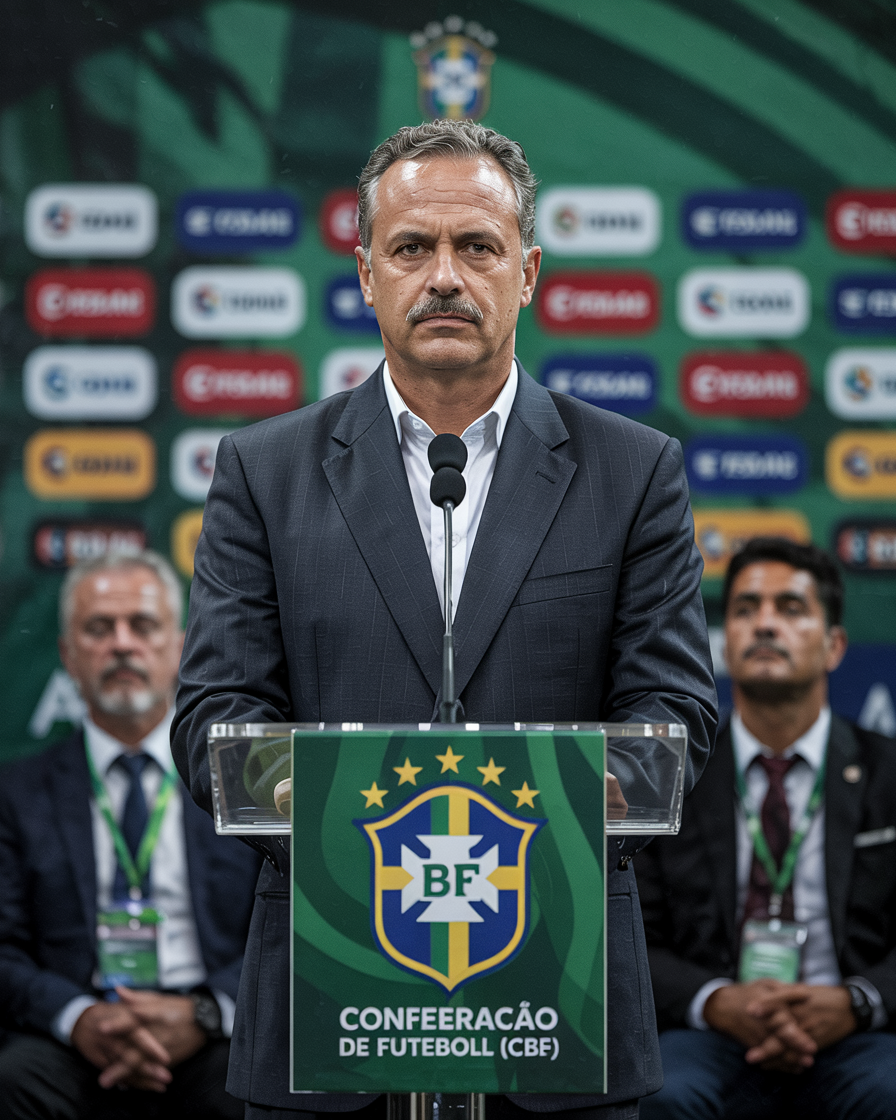In a surprising move, Dorival Júnior has officially resigned from his role as head coach of the Brazilian national football team, ending a brief and turbulent chapter marked by instability, underperformance, and growing pressure from fans and media.
The Brazilian Football Confederation (CBF) confirmed the decision in an official statement, noting that Dorival had requested to leave his post “for personal and professional reasons.” His departure comes just months before Brazil resumes its World Cup qualification campaign.
A Short but Challenging Tenure
Dorival Júnior took over the Seleção in early 2024, stepping in during a delicate moment for the national team after the exit of interim coach Fernando Diniz. The hope was that Dorival’s club-level success — most notably with Flamengo and São Paulo — would translate into international results.
Instead, his tenure was marked by inconsistent performances, including:
- A home loss to Colombia.
- A record-breaking defeat to Argentina in the qualifiers.
- Tactical confusion and unclear squad rotations.
Despite his experience and calm demeanor, Dorival struggled to implement a cohesive system amid a crowded calendar and administrative instability at the CBF.
Behind the Decision
While the official statement from Dorival emphasized “the honor of leading Brazil,” sources close to the coach indicate that internal pressures, a lack of autonomy in decision-making, and fractured relationships with CBF executives played major roles in his departure.
There was also tension around squad selection policies. Dorival had reportedly advocated for a generational transition — including more playing time for rising stars like Endrick and João Gomes — while others inside the federation pushed for veteran-heavy lineups.
This philosophical disconnect contributed to the sense that Dorival was never fully in control of the project.
What’s Next for the National Team?
With Copa América and key World Cup qualifiers on the horizon, Brazil now finds itself once again without a permanent head coach. The CBF announced that it will begin an “international search,” signaling a strong possibility of hiring a foreign manager — a path previously considered but never fully embraced.
Speculation has already begun around several names, including:
- Jorge Jesus (Portugal)
- Marcelo Gallardo (Argentina)
- José Mourinho (Portugal)
In the meantime, an interim staff may be appointed from within the current CBF structure to handle training camps and friendly matches scheduled for mid-year.
Fan Reaction: Disappointment and Frustration
Public reaction to the news has been swift. While many fans respect Dorival for his professionalism, there is a growing sense of frustration over the national team’s lack of direction. This marks the fourth coaching change since 2022, and with each transition, Brazil’s identity and cohesion appear more fragmented.
Online, hashtags like #SelecaoSemRumo (“Team Without Direction”) trended in Brazil, reflecting the disappointment of a nation that has grown used to dominance — and is now searching for consistency.
A Broader Institutional Crisis?
Dorival’s departure is symptomatic of a deeper issue within Brazilian football. Critics argue that the CBF lacks long-term planning, and that administrative politics often take precedence over footballing philosophy.
In an era where national teams like France, England, and Argentina have invested in cohesive structures and clear developmental pipelines, Brazil’s situation feels increasingly out of sync with modern football governance.
Former players such as Cafu, Taffarel, and Kaká have recently voiced concern about the state of the Seleção, calling for reform not just on the bench, but in the boardroom.
Conclusion: Another Reboot for a Footballing Giant
As Dorival Júnior exits the stage, Brazil is once again left at a crossroads. With a golden generation emerging and an expectant nation behind it, the next coaching decision will be pivotal — not only for qualification, but for the soul of Brazilian football.
The challenge ahead is enormous. But with the right leadership, a renewed sense of identity, and structural reform, Brazil can still reclaim its rightful place at the top of the football world.
